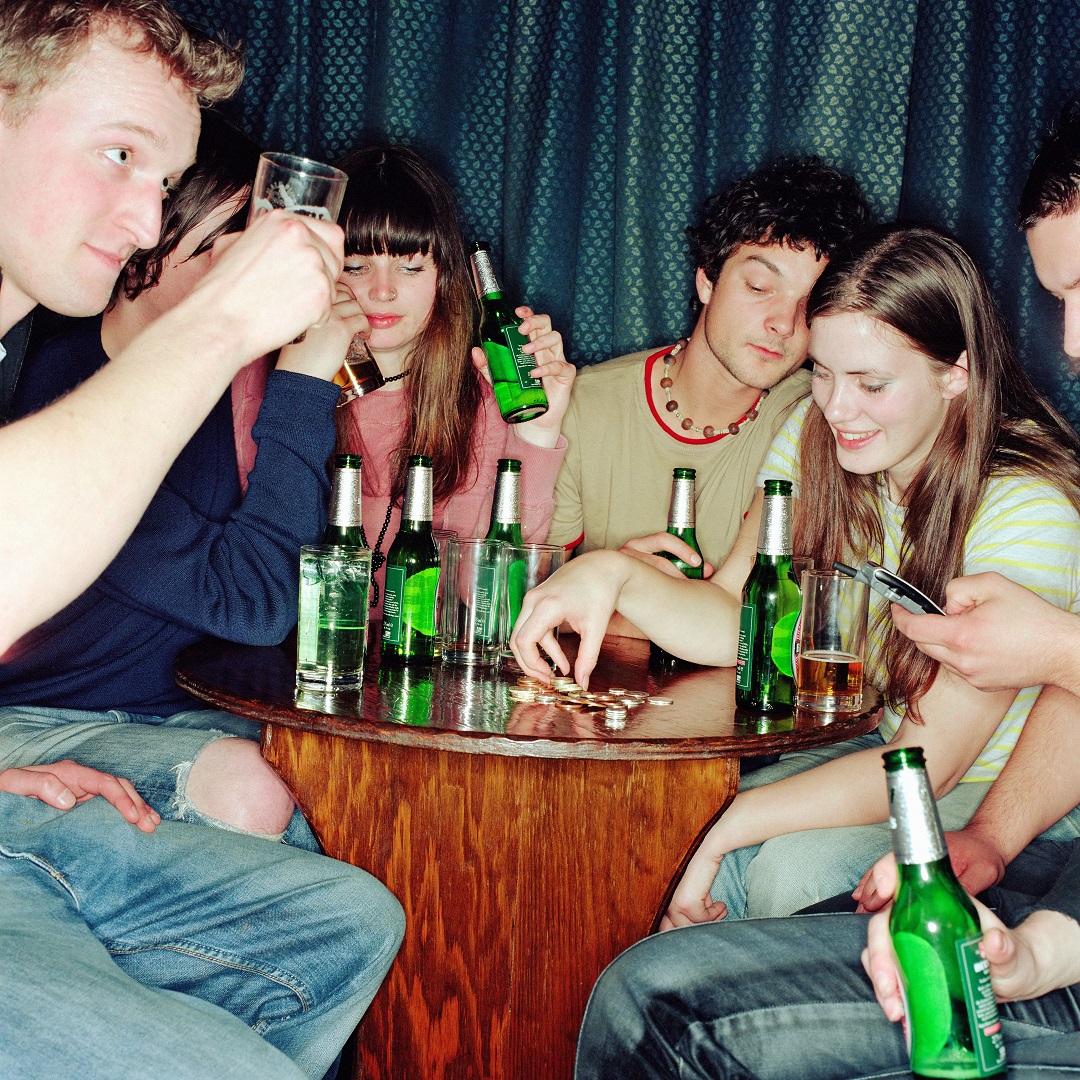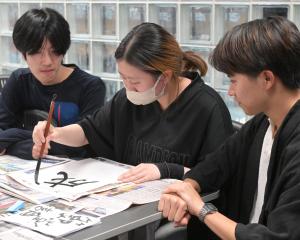
What are initiations (also known as hazing)?
Hazing is a term for initiation rituals that have been popular with sororities and fraternities in United States universities for many years.
It is part of US "Greek life", a term used to describe values-based undergraduate organisations mainly associated with colleges and universities.
Hazing in Dunedin has taken on a life of its own, to fit a pre-existing student culture in North Dunedin.
Flat initiations involve second-year students moving out of flats, inviting incoming tenants, usually first-year students, for a "hazing" to welcome them to their new home.
The first-year students will have already signed the lease, so non-participation in the hazing activities will not bar them from living in the flat the next year.
Is hazing an Otago tradition?
The short answer is no, but that depends on what you view as a tradition.
Hazing at the University of Otago was around in the early 2000s, but was relatively innocent compared with some of the antics that have come to light this year.
Some students said 20 years was long enough for something to be classed as a tradition, while some others said initiations had morphed into something so different they were nothing like the original events, so could not be regarded as traditional.
One woman whose first year of study at Otago was in 2007, said her flat initiation was "pretty much a beer-pong tournament and a few bong hits here and there".
"It was pretty tame, nothing like what’s going on these days.
"But, that’s what happens, isn’t it?
"Things escalate as people try to one-up each other."
University of Otago psychology department head Prof Jamin Halberstadt said students might be encouraged and motivated to do these things to demonstrate how good an Otago student they were.
"When groups have norms, no matter how weird they are, you can demonstrate your allegiance the more you follow these norms.
"This is why sometimes rhetorics in groups get more extreme, because once you’re in a group, everybody is then trying to compete to be the person to have the most extreme views or actions."
Many students said initiations were becoming more dark and twisted each year.
Third-year student Emma Dowell said during every flat-signing season, second-year students were trying to out-do the previous year’s tenants, so initiations got more "twisted and gross" every year.
"It’s like you had this dumb thing happen at your initiation, so you have a free pass to do something even more feral to next year’s lot.
"It’s basically a hive mind — the lads are just sitting around drinking and coming up with stupider and stupider ideas the more they feed off of each other.
"There’s no way they would think up any of it on their own."
Why do people haze others?
The recurring theme from second-year students was because hazing happened to themselves.
They "need to pass the torch on", one student said.
"I believe it is a tradition, it’s almost your induction into the breather lifestyle."
An excuse to drink was also a common answer, as were a "bit of fun" and "testing the firsties’ potential".
There was a group mind that meant, in the context of a group, you could forget about the beliefs you had as an individual, he said.
"Depending on how attached the people feel to the group or how aware they are of their own norms and values, they may end up doing things that the group endorses, but not something they would consider doing by themselves.
"Sometimes the explanation for initiations is that the more effort you put into something, the more motivated you are to think it was a good idea, otherwise it feels like a waste of time."
Why do people let it be done to them?
Coercion and peer pressure were common answers, but many students also saw it as their "entry fee" into an Otago student lifestyle.
One first-year student said the student culture of partying and drinking was 100% the reason they came to Otago rather than other universities.
Prof Halberstadt said extreme behaviours motivated people to feel attached to a group — which explained why people did not always leave hazings unhappy.
"They may be encouraged and motivated to do these things to demonstrate how good of a group member and Otago student they are."
What does the university say about it all?
The university has a hard stance against people found participating in flat-initiations.
Student services director Claire Gallop said every year the university invested significant resources in educating students about the harm initiations cause and encouraging them not to participate, including making clear the potential consequences if they did.
Proactive prevention work included the proctor visiting flats identified as likely to host events, and providing face-to-face information, followed by specific targeted email advice.
It was challenging work, as the events were hosted by adults in their own homes, often behind closed doors or in backyards.
However, all students must abide by the university’s code of conduct and anyone found to have breached it risked expulsion, Ms Gallop said.












